As soon as he arrives at Camp Liberty in Baghdad, the air fills with gunshots and explosions.
Suddenly, the possibility that he might lose his life looms overhead. And if he dies on the field, his daughter won’t have a dad.
First-year AP Computer Science Principles teacher Trent Landry spent six years in the Louisiana Army National Guard. Landry joined the army in 2002 and stayed until 2008. He was deployed to Baghdad, Iraq from 2004 to 2005.
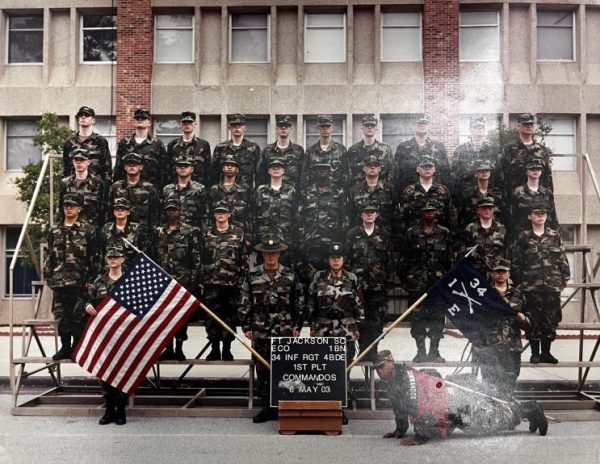
Landry said he was motivated to join by 9/11 when he was 21. While he did not know anyone personally affected, he felt that “the entire nation was affected mentally and emotionally.”
“It was a time when I felt like I should be doing something more with my life,” Landry said. “I have had many relatives that served in the military. I’ve always looked up to them, which made it an easy decision for me to join the Army.”
During his time in the National Guard, Landry worked as a signal support systems specialist and was in charge of retransmission—the sending and receiving of signals. He also managed radio systems inside HUMMVS.
When joining, Landry knew that deployment was a possibility, but he never expected it to happen so soon. He had only been back from basic training for “a few months” and hoped he had “enough knowledge for everything that would be happening.”
Still, it opened up a world of new experiences and opportunities for him. Being in Baghdad introduced him to a style of life unlike everything he was used to, with a different language and culture. The strict rules and expectations enforced also put a lot of pressure onto Landry.
“We were not allowed to do anything that a civilian could do,” Landry said. “No personal vehicles, no civilian clothes and you could not go off base unless it was for a mission. We were always required to carry around our M-16 and ammunition.”
The Army really changed his views on life. It gave him a new appreciation for the freedoms and quality of life he enjoyed. The experience opened his eyes to the rest of the world.
“It definitely makes you think about other people,” Landry said. “[Seeing how] other places in the world live and the struggles that are inescapable [there] made me realize that I had taken so much for granted before this point.”
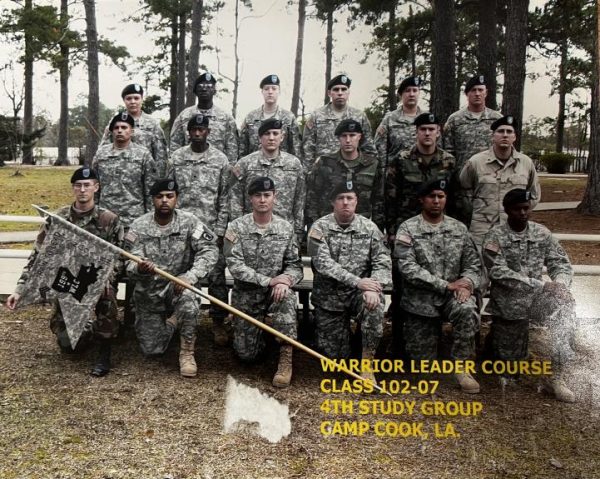
In 2004, Landry made the journey to Iraq. It took him three days to convoy from Kuwait to Baghdad. The journey itself was dangerous as soldiers before them had been attacked on the way. Landry felt that it was “intimidating to know real danger was all around [them].”
“It was pretty dangerous in Iraq,” Landry said. “A couple [of] times, a vehicle I was in got shot at. I witnessed mortar rounds flying overhead. Roadside bombs were a constant threat if you patrolled the roads. We lost many friends to [them]. There was no real safe place to be. ”
After six long years in the army, Landry finally decided to leave to be with his family.
“I had a daughter, a newborn daughter, and we decided that it would be really rough to [stay in the army],” Landry said.
Landry does not regret joining the National Guard. If given the choice, he would have chosen to join again anyway.
“The Army can put you on the right track,” Landry said. “They give you the tools to go to college, to learn different trades that translate to the real world. Never give up. Try to be positive. And if you don’t give up, you can’t lose. You’ll figure out one day where you’re supposed to be.”
Shortly after leaving the National Guard, Landry attended the University of New Orleans where he earned his bachelor’s degree in film arts. He would spend the next seven years working in several different industries: factories, hotels, grocery stores and restaurants. His experience in so many fields prepared him to work and teach pretty much anywhere.
“I’ve worked hard and dirty jobs that required long hours,” Landry said. “I’ve also worked in office situations and technical jobs. Many of the concepts and skills I’ve learned involved technology in one way or another.”
Landry moved to Texas a year ago, leaving his family in Louisiana to pursue a new career in teaching. He said it was a decision he thought over for a long time.
“My belief has always been that knowledge is power and with my background, I have plenty of experiences and knowledge to share,” Landry said. “I have wanted to teach for a long time, and I love the idea of serving my community. The quality of life, plethora of activities, opportunities for success and diversity of people all attracted me to Houston.”
Landry “enjoy[s] sharing knowledge with other people.” He is a lifelong learner, and frequently reads news articles from different subjects, like physics or art. And all he wants is to share what he finds out.
While the change has been a big adjustment for him, he said everyone has been “super friendly,” but the sheer number of people at Bellaire has been overwhelming for him. Landry said this is because he grew up in a small town and there are “way more” students at Bellaire than there were at his high school.
“I really couldn’t be happier to feel so welcomed and supported,” he said. “The staff have very diverse backgrounds and I’m excited to meet everyone. I love the culture at Bellaire.”
Computer science principles student Samantha Tran appreciates his friendly nature and optimistic attitude. She considers him knowledgeable about the subjects he teaches.
Sophomore Sydney Nguyen said that Landry is always in a positive mood. He is “always engaging which makes the class more enjoyable,” she said.
“Mr. Landry [is] really engaging with his students,” Tran said. “[His class] is often more interactive compared to long, lengthy lectures. He’s always very helpful and considerate.”


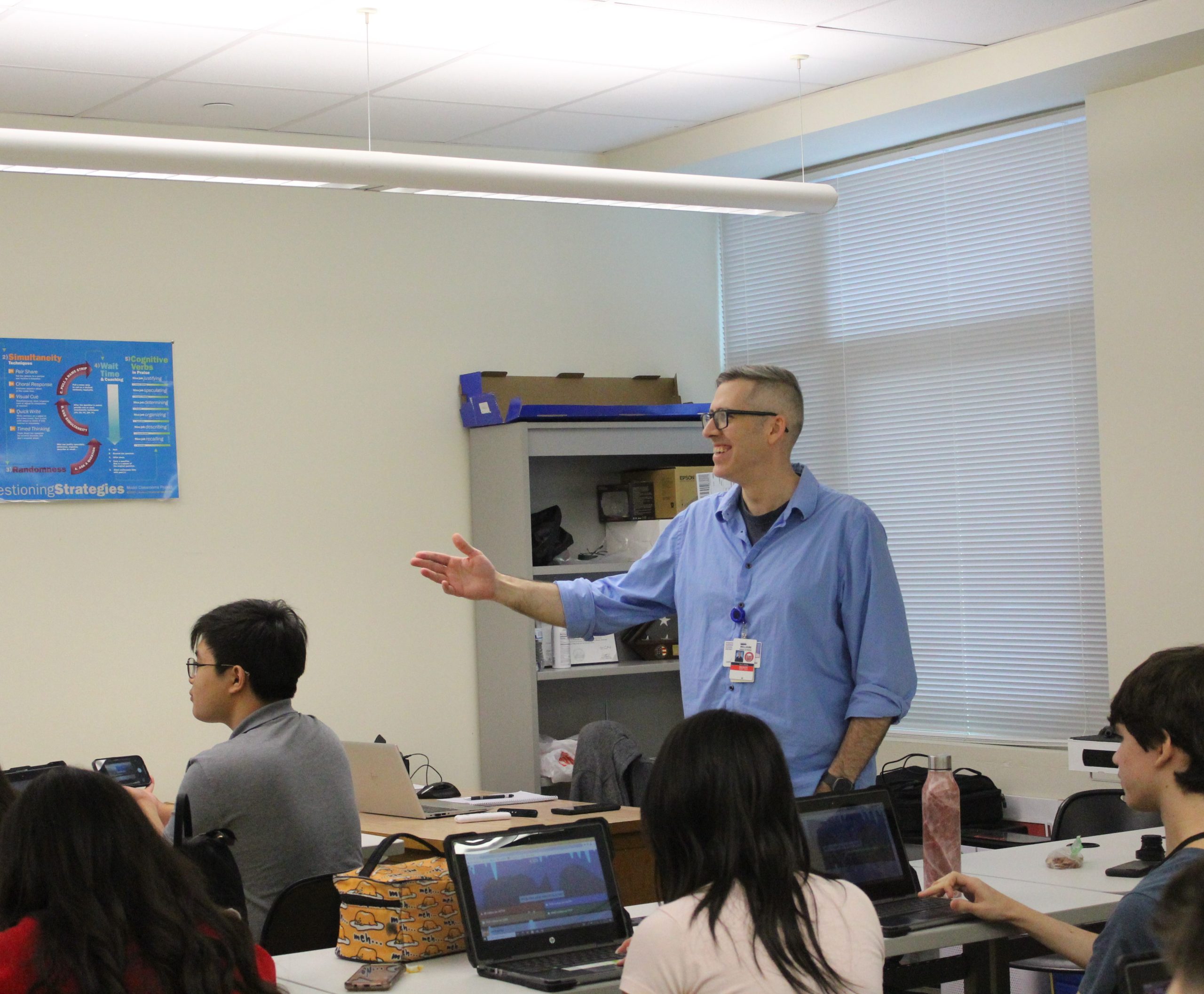
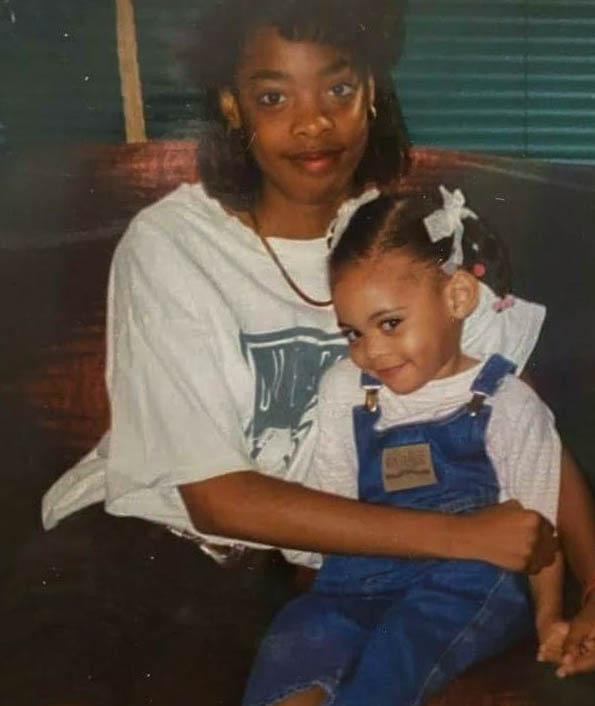
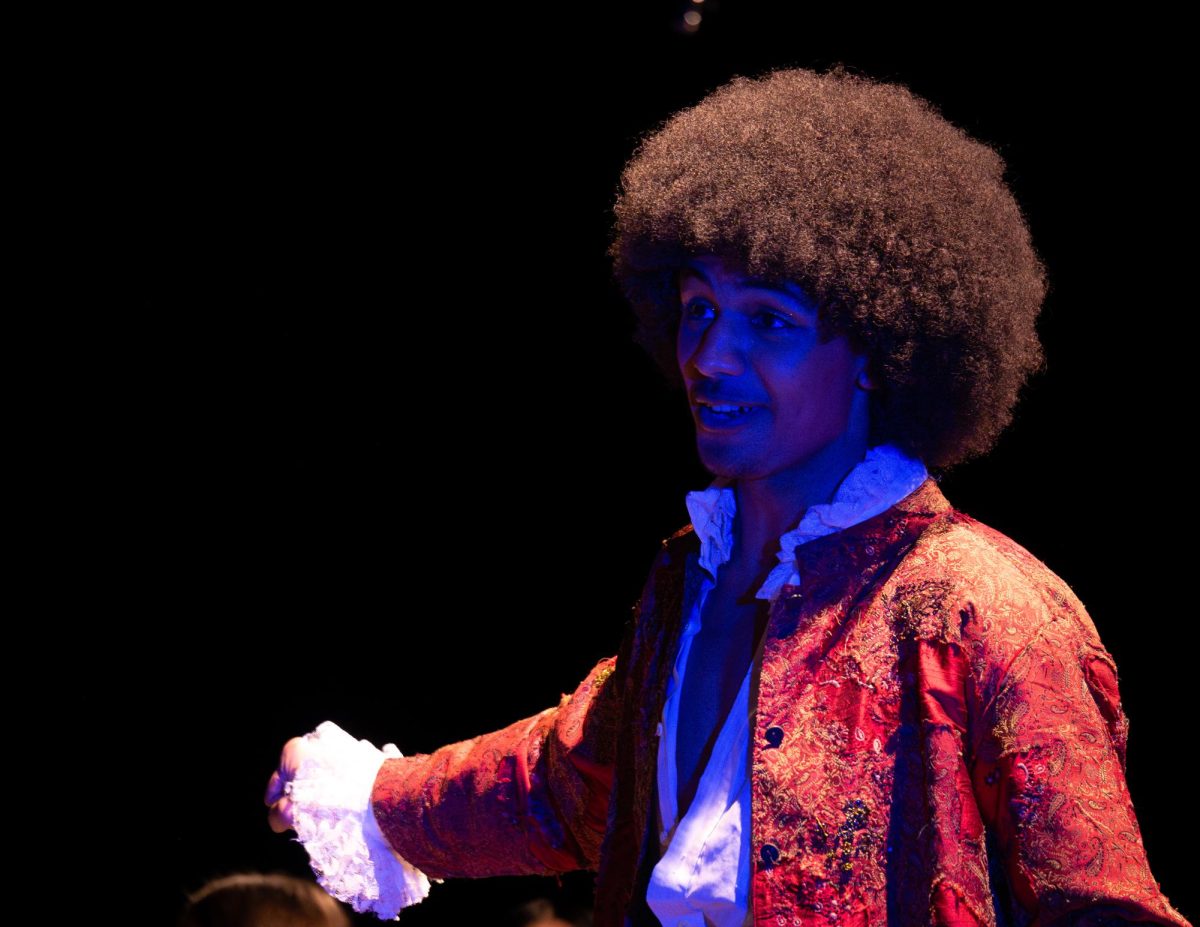
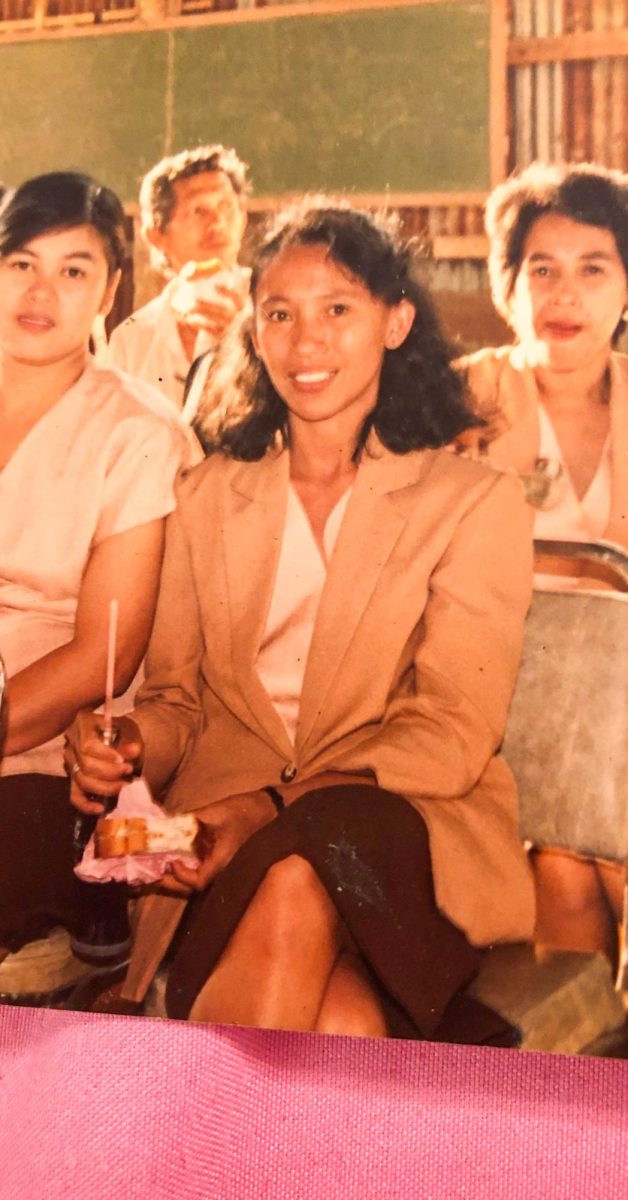



Irene Zheng • Nov 4, 2023 at 11:57 pm
Bellaire really has teachers with amazing backgrounds, great story Serena!